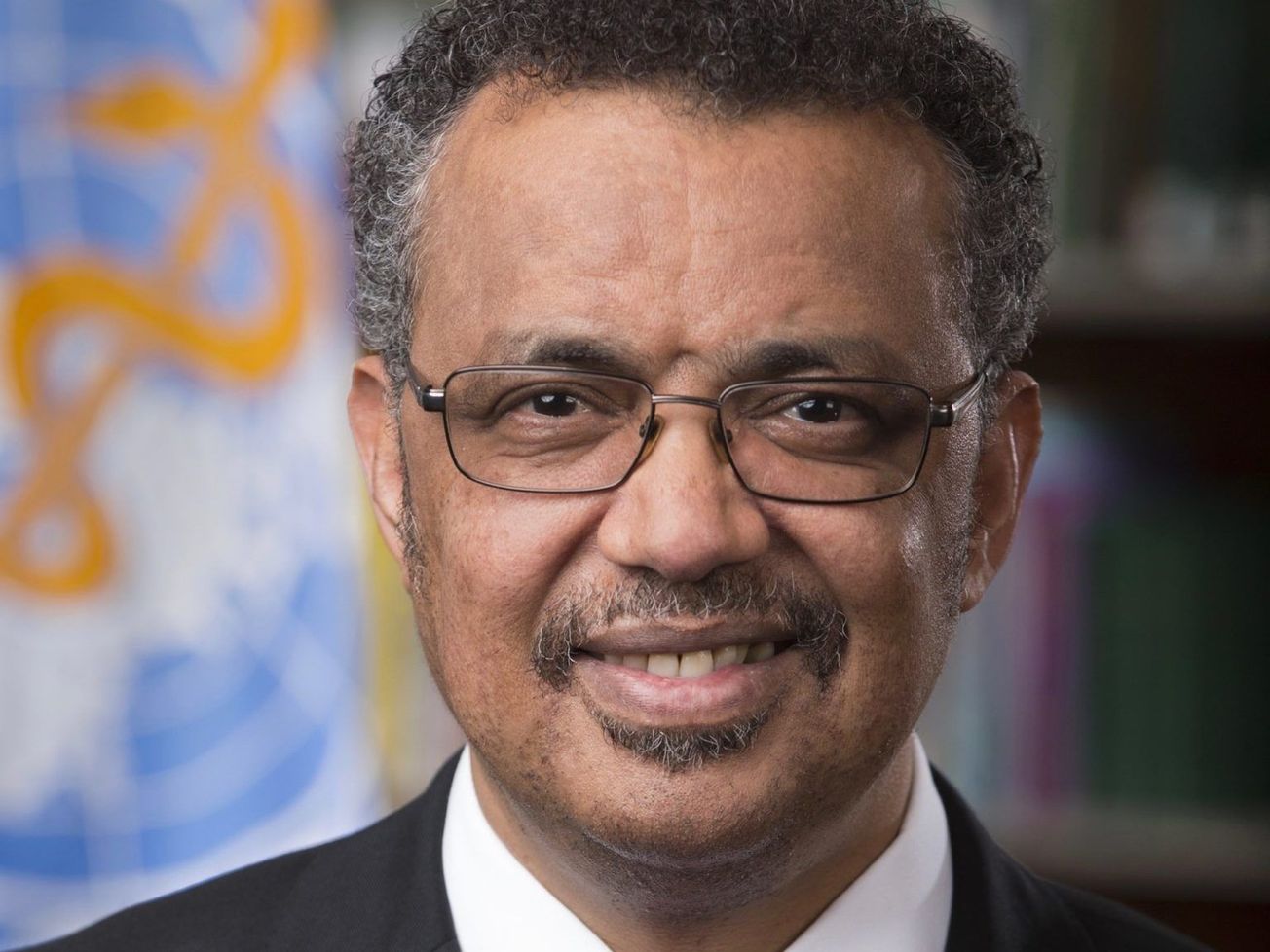GENEVA (AN) — Two weeks after praising U.S. President Donald Trump's leadership in the global pandemic, the head of the U.N. health agency pushed back on Wednesday against White House attempts at scapegoating and threats of budget cuts.
"Please don't politicize this virus. It exploits the differences you have at the national level," World Health Organization Director-General Tedros Adhanom Ghebreyesus told a news briefing. "If you want to be exploited, and if you want to have many more body bags, then you do it. If you don't want many more body bags, then you refrain from politicizing it."







